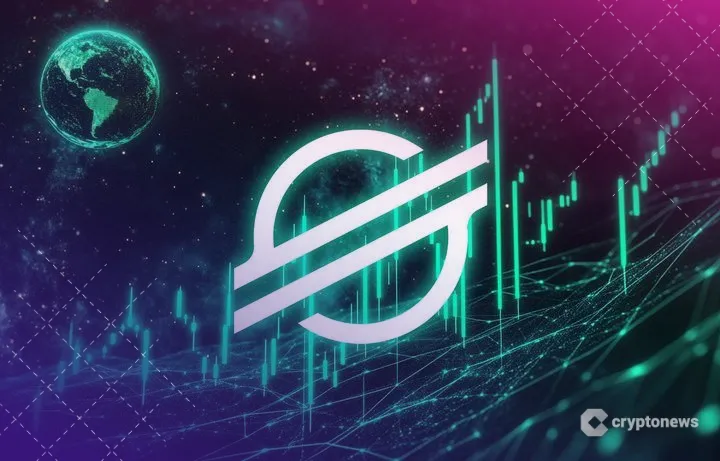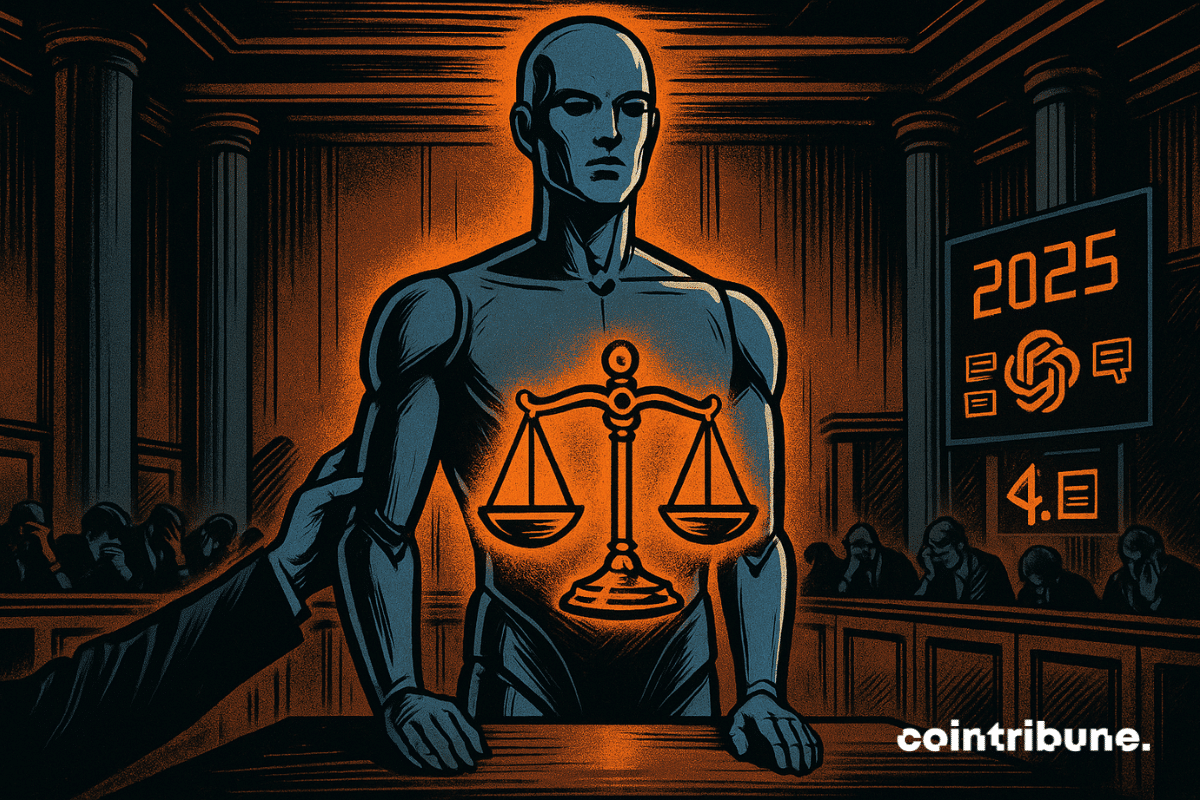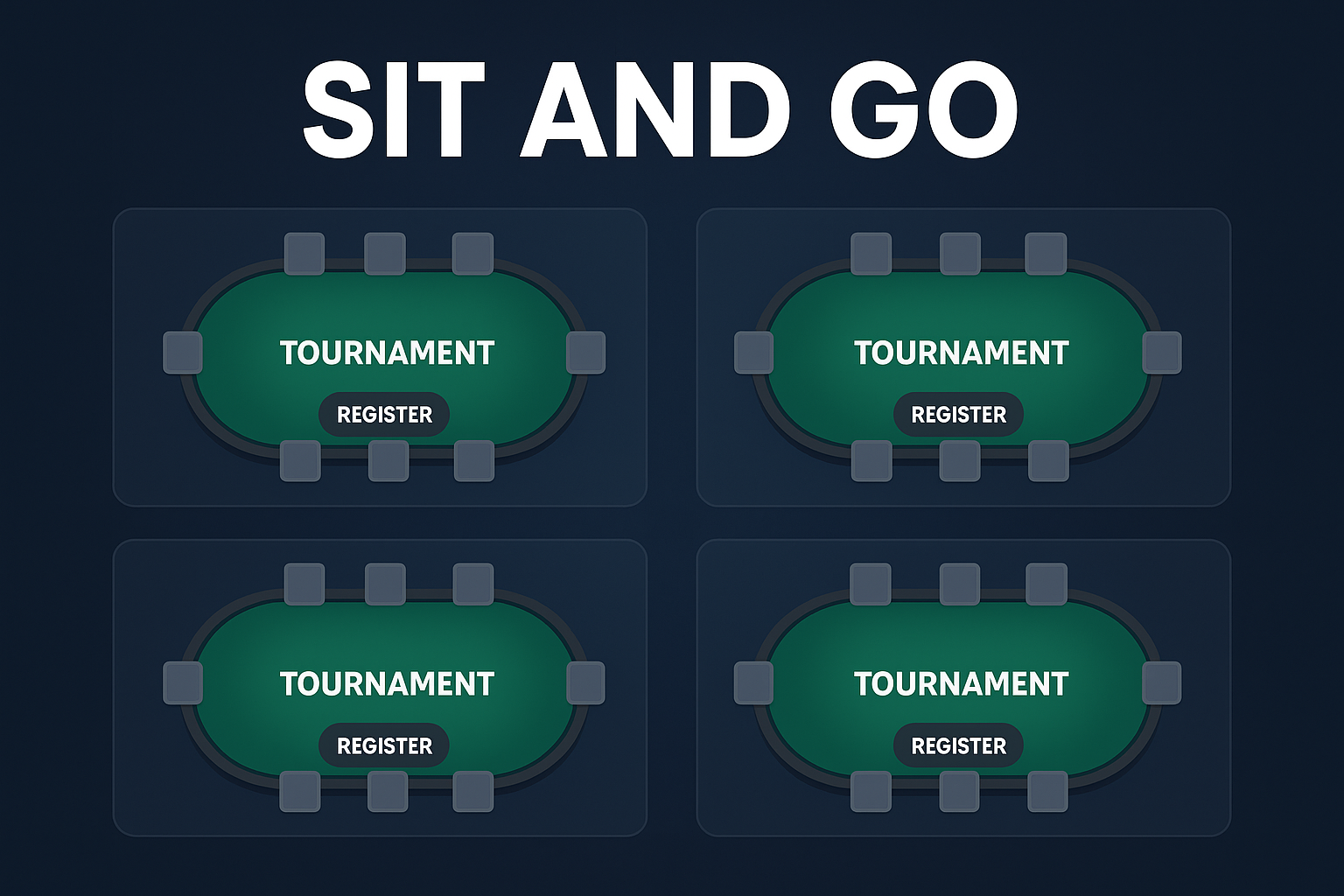OpenAI Adds Third-Party Applications to ChatGPT
- ChatGPT users will be able to interact with Booking.com, Spotify, Canva, Figma and other apps directly in chat.
- A new SDK will be available for developers to create embedded mini-apps.
- OpenAI is committed to making ChatGPT a one-stop platform for working, learning and creating.
OpenAI has announced the launch of a new application system inside ChatGPT. It will enable users to interact directly with third-party services.
The announcement took place at the DevDay 2025 developer conference, where the company unveiled the Apps SDK — a set of tools for creating embedded interactive applications. Early partners include Booking.com, Expedia, Spotify, Figma, Coursera, Zillow and Canva.
According to OpenAI CEO Sam Altman, the initiative aims to make ChatGPT “a one-stop shop for productivity, learning, and creativity.” Users will now be able to refer to external services directly in the dialog.
For example, asking “Figma, create a diagram” will activate the corresponding app. Command “Coursera, teach me machine learning” will launch a course on the platform.
Unlike the GPT Store, where apps existed separately, the new system embeds them directly into the ChatGPT interface. This makes the use of third-party tools more organic and reduces the barrier between information search and action, according to the developers.
In the demo, users could search for apartments through Zillow, see an interactive map and refine details without leaving the chat room.
ChatGPT will also suggest relevant services on its own. For example, when asked to “create a playlist for a party,” the assistant can bring up Spotify. DoorDash, Instacart, Uber and AllTrails will join the ecosystem in the future.
Apps will be able to trigger actions, display videos and interactive interfaces right in the chat window, preserving the context of the dialog.
The architecture is built on the Model Context Protocol (MCP), which allows external data sources and services to be connected to the AI system. Users will be able to log into their accounts and use paid features directly in ChatGPT.
OpenAI plans to add monetization mechanisms in the future, including instant purchases via Instant Checkout.
The issue of data privacy remains open. The company promises that developers will be given minimal access to user information and transparent permissions. However, it is still unclear how much context apps will be able to access.
The AI giant says that the priority will remain data protection and the quality of the user experience.
Recall, we wrote that OpenAI has become the most expensive private company in the world, with a valuation of $500 billion.
You May Also Like

PayPal USD Goes Live on Stellar, Expanding Access to Stablecoin Payments

OpenAI Faces Lawsuit Over Alleged Suicide Cases

